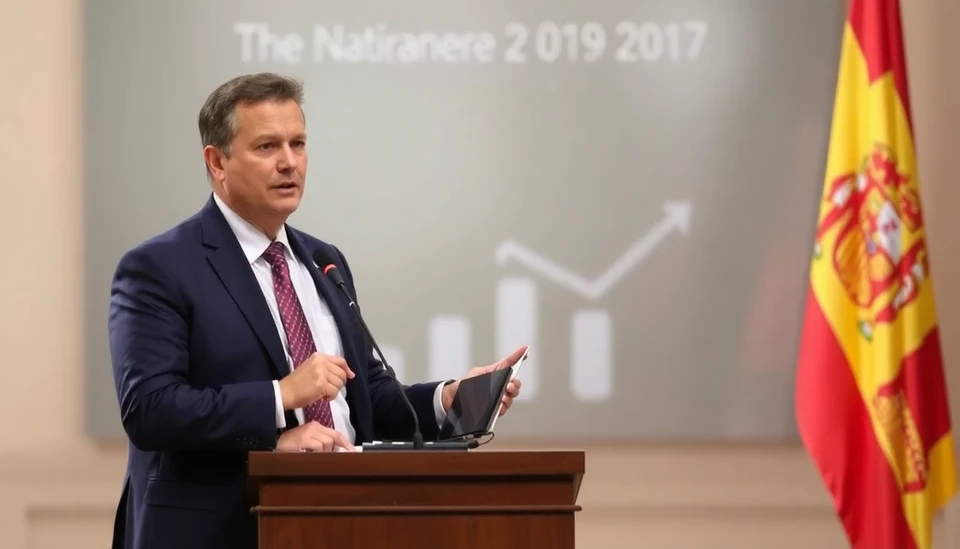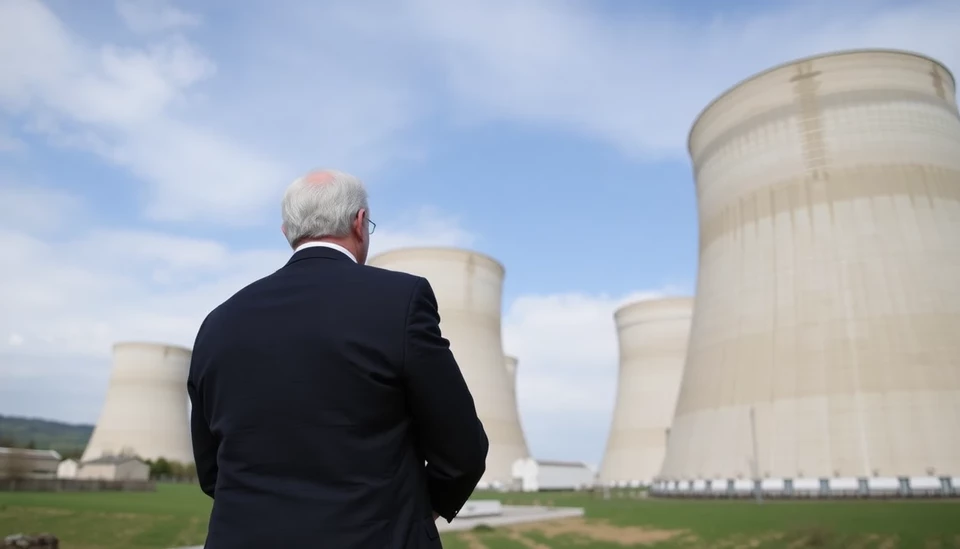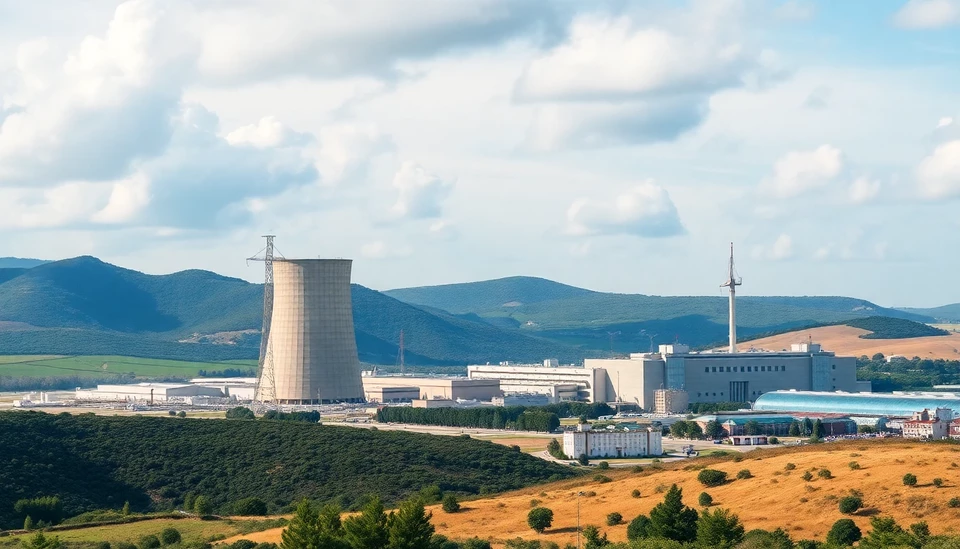
In a significant policy shift, the Spanish government has decided to shelve plans for a windfall tax on energy companies, opting instead to extend the existing tax levied on banks. This decision comes as the country navigates economic pressures and seeks to maintain fiscal stability amidst the ongoing global energy crisis.
Initially proposed as a temporary measure to address the windfall profits generated by energy firms amid soaring prices, the windfall tax was intended to redistribute wealth to support the most vulnerable sectors of society. However, as Spain grapples with an unpredictable energy landscape, the government has pivoted its focus towards a strategy that emphasizes fiscal prudence and support for the banking sector.
The extension of the bank levy, which was originally set to expire in 2024, will now last until 2027, providing an additional stream of revenue for the government. This levy comes at a time when banks have also reported significant profits, bolstering the government's case for keeping the tax in place.
Officials from the Spanish Treasury have indicated that the decision to abandon the windfall tax was influenced by a desire to simplify the current tax framework. They believe that focusing on a single tax—namely, the bank levy—would create a more stable financial environment for both the government and financial institutions, while also ensuring that the benefits of economic recovery are shared more equitably.
Critics of the abandonment of the windfall tax have voiced concerns about the long-term implications of this decision. They argue that it could undermine efforts to hold energy companies accountable for excessive profits during a time when citizens are struggling with rising living costs. Proponents of the windfall tax assert that taxing these extraordinary profits could fund critical social programs and alleviate financial burdens on the average citizen.
Moreover, the decision reflects broader trends in European countries where governments are grappling with similar challenges. Many nations have explored windfall taxes as a response to exorbitant energy prices; however, the practicality of implementing such measures varies widely. Spain's choice to rely on the bank levy rather than pursuing a windfall tax reflects its unique economic circumstances and policy priorities.
As the country enters this new fiscal phase, it remains to be seen how this decision will impact both the banking sector and the energy companies. Stakeholders across the economy will be monitoring the developments closely, particularly as Spain faces a challenging economic landscape characterized by fluctuating energy prices and the need for robust social support systems.
The outcome of this policy shift could set a precedent for other countries considering similar routes as they seek to balance the need for revenue with the imperative of economic equity in an ever-changing financial climate.
Ultimately, Spain's move to wind down windfall tax proposals in favor of extending the bank levy reflects a complex interplay of economic forecasting, political strategy, and social responsibility as the country forges ahead in its post-pandemic recovery efforts.
With this policy adjustment, Spanish officials are hopeful that they can navigate the choppy waters of global economics while ensuring stability and growth within the banking sector, fostering an environment that encourages resilience and adaptability amid uncertainty.
#Spain #TaxPolicy #BankLevy #WindfallTax #Economy #EnergyCrisis #FiscalPolicy #SocialSupport
Author: Rachel Greene




